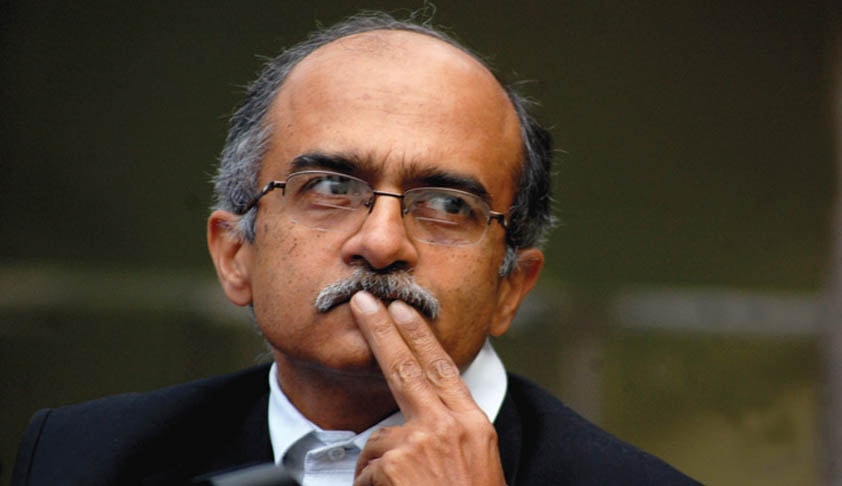Campaign for Judicial Accountability and Reforms demands public consultation on draft MoP
Apoorva Mandhani
9 April 2016 2:20 PM IST

Next Story
9 April 2016 2:20 PM IST
The Campaign for Judicial Accountability and Reforms has sent a letter to Finance Minister, Mr. Arun Jaitley, demanding public consultation on the appointment procedure for Supreme Court and High Court Judges, which is being revamped by drafting a fresh Memorandum of Procedure.In the letter, CJAR explains that various organizations, functioning as judicial accountability watchdogs, have...
